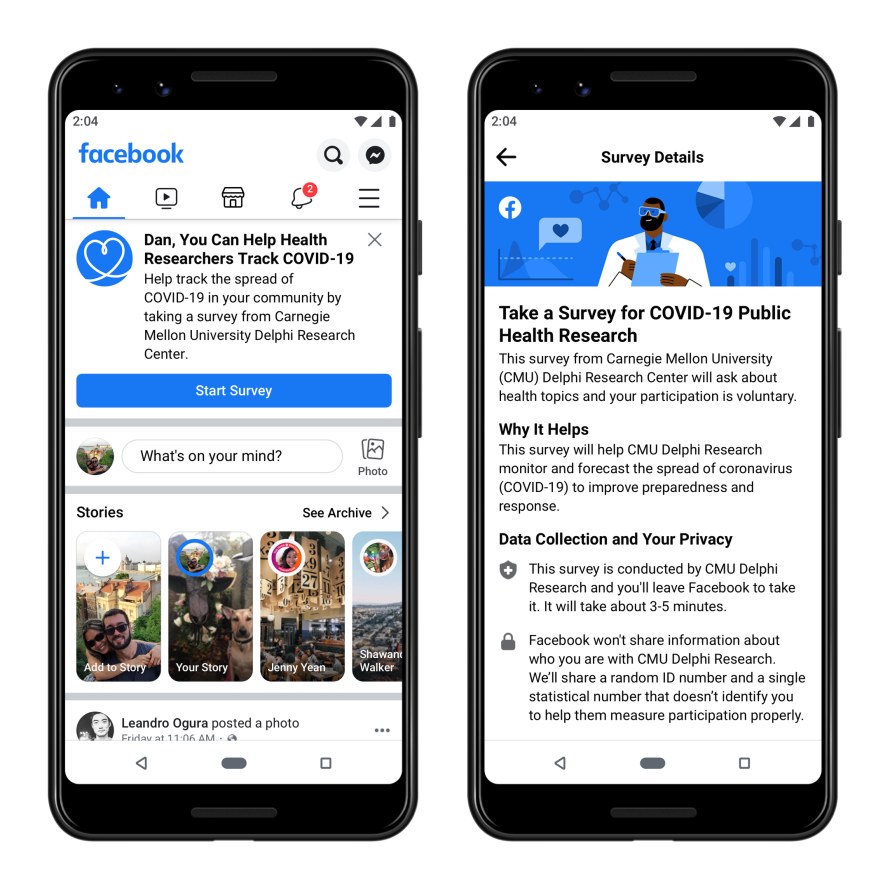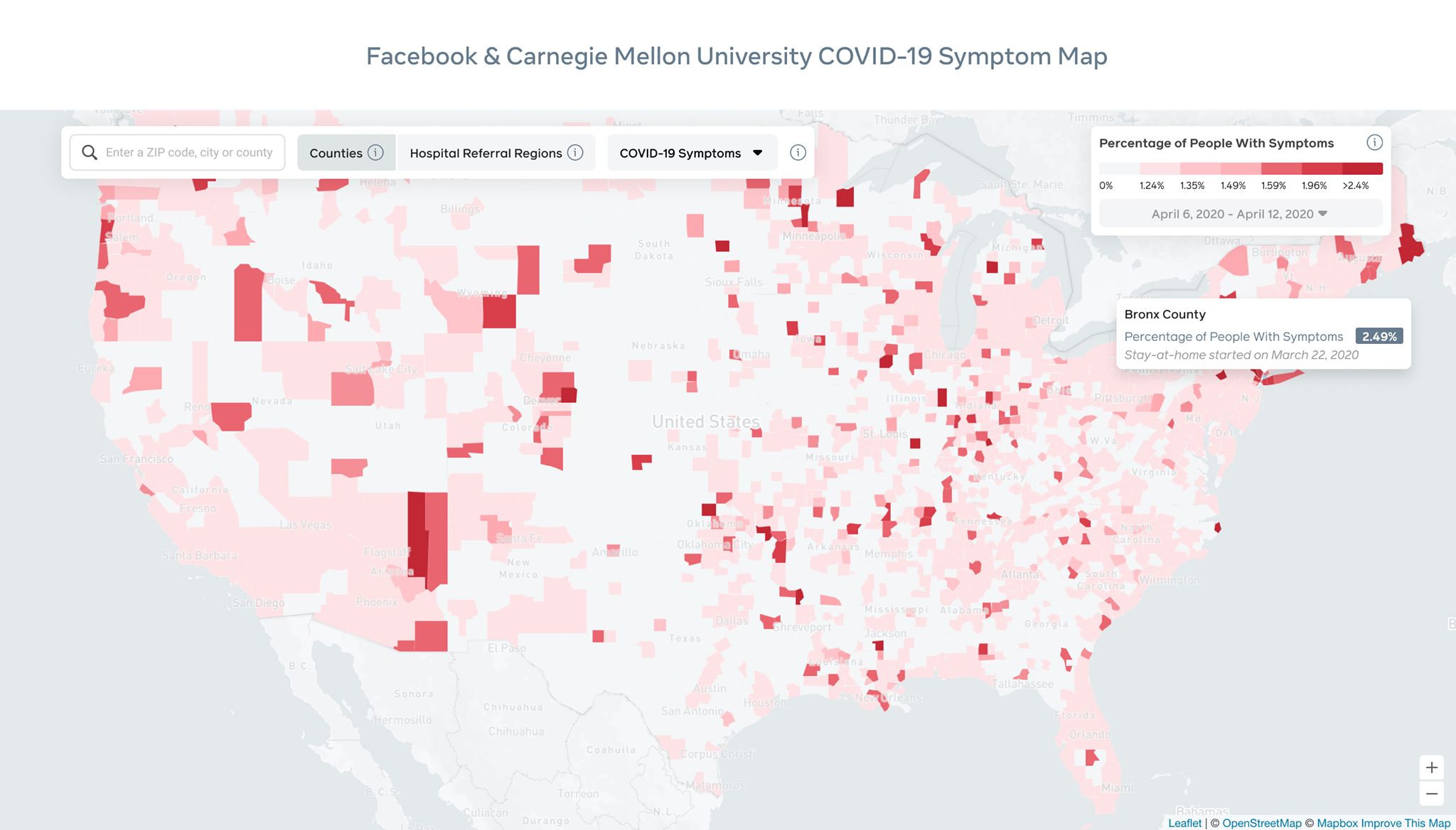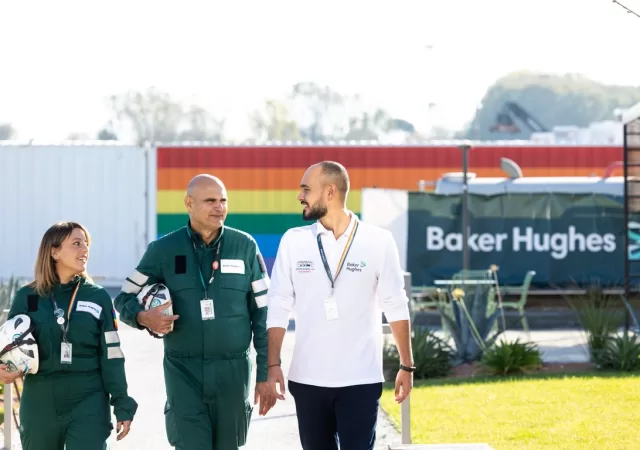The COVID-19 pandemic has rewritten the way we approach pandemics in so many ways. It has brought to light new dimensions that also have a part in pandemics in the age of social media and the internet. However, it has, more importantly, highlighted the importance of data and technology in managing the spread of a deadly virus.
Facebook is looking to help with the data portion of the equation when it comes to managing the COVID-19 outbreak. With many country’s public health sectors being bogged down and overwhelmed, the company is looking to step in to help monitor hotspots and predict infection clusters before they occur. Partnering with Carnegie Mellon University Delphi Research Center, the company has developed a symptom tracker which can help predict hotspots based on surveys.

These opt-in survey ask participants if they have experienced any of the symptoms currently associated with a SARS-CoV-2 infection. These include coughing, shortness of breath, loss of smell, loss of taste and fevers. Using these symptoms are precursor markers, the data collected is able to help forecast potential patient loads for hospitals during the outbreak and if the curve is being flattened. These responses are sent directly to researchers in Carnegie Mellon University.
This is work that social networks are well-situated to do. By distributing surveys to large numbers of people whose identities we know, we can quickly generate enough signal to correct for biases and ensure sampling is done properly.
Mark Zuckerberg, CEO of Facebook
Facebook is facilitating this research as part of its Data for Good program. The social media platform is proving its efficacy as a platform for data collection. On a daily basis, about 2 billion users interact on the platform; making it uniquely suited as a potential data silo. This application could potentially help countries still struggling with COVID-19 predict and manage outbreaks and disease clusters more effectively. It can also be a game changer for countries which do not have the resources to deal with the pandemic effectively.
After a month of trials, Facebook is looking to make the survey available internationally. During the trails, the company saw the efficacy of using the collected data to create a county-by-county heat map for COVID-19 spread; something that was apparently hard to get in the U.S.






